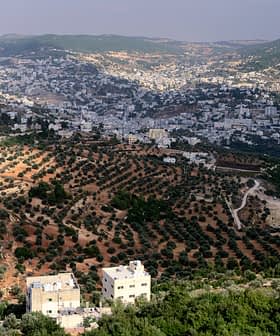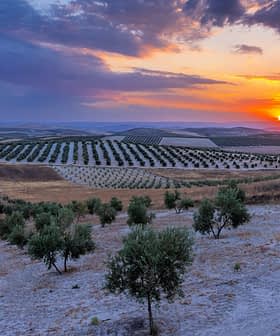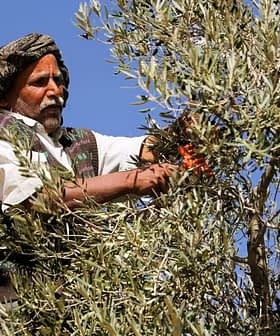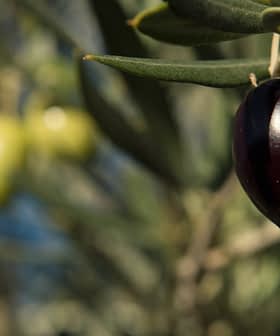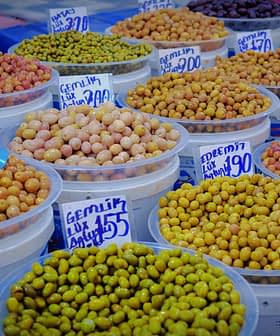Tunisia Sees Opportunity in Organic Production
Ninety-five percent of Tunisia’s olive groves are tended using traditional practices without the use of any pesticides.
Tunisia is focusing on developing organic processes and marketing organic olive oil to increase exports, with a national strategy to promote the country as an organic producer. The production of organic olive oil in Tunisia has rapidly increased in the past decade, leading to significant growth in exports and recognition at international competitions.
Tunisia’s olive oil industry is increasingly turning its focus to the development of organic processes and the marketing of its organic olive oils as a strategy to increase exports.
A government official confirmed a national strategy to promote Tunisia as a producer of organic products to the world.
“What we want to show is that Tunisia is an organic country. This is the model we want to show to the world,” said Samia Maamer, spokesperson for the Ministry of Agriculture, on a France 24 news broadcast.
Tunisia already seems to be leading the way when it comes to the export of its organic agricultural products. According to the Food and Agriculture Organization of the United Nations (FAO), Tunisia produces three times more certified organic olive oil than Spain. And Tunisia is the second largest exporter of organic products in Africa.
Ninety-five percent of Tunisia’s olive groves are tended using traditional practices and without the use of any pesticides but many producers following organic practices are not yet certified, most likely because of the costs and effort required.
See Also:The best olive oils from Tunisia
The production of organic olive oil in Tunisia increased rapidly in the past 10 years: from 670 tonnes in 2004 to 60,000 tonnes in 2015; while exports rose from 2,100 tonnes in 2004 to 13,500 tonnes in 2015.
Meanwhile, in 15 years the value of the export of Tunisian organic products has increased exponentially from 2 million to €200 million Euros, providing much needed foreign revenue.
The European Bank for Reconstruction and Development (EBRD) and (FAO) have been partnering with Tunisia’s Office National d’Huile for several years to improve the quality, efficiency and competitiveness of the Tunisian olive industry.
More Tunisian producers are looking to improve the quality and efficiency of production processes by investing in upgrading equipment and installing irrigation systems, while olive mills are being updated with a two-phase extraction system. Over 100 olive mills in Tunisia are certified organic and the country has several labs for chemical and sensory testing recognized by the International Olive Council (IOC).
At the same time, organic producers from Tunisia are gaining recognition by winning awards at international competitions like the NYIOOC World Olive Oil Competition (NYIOOC) and BIOL, an international competition in Italy dedicated to organic olive oil.
A promotional film in French released by the ministry of agriculture earlier this year called “Tunisie; la terre du bio” (Tunisia: An Organic Land) showcases the country’s growing organic industry and the growth in the exports of its products.
At the launch of the film, the minister of agriculture, Samir Taïeb, said that organic agriculture in Tunisia is a culture that has a reached a point where it can position itself at the international level and conquer new markets while promoting the country as a whole.
Taïeb also revealed that Tunisia has over 3,300 organic producers in different sectors who export 50,000 tonnes of organic products annually to 60 countries.


